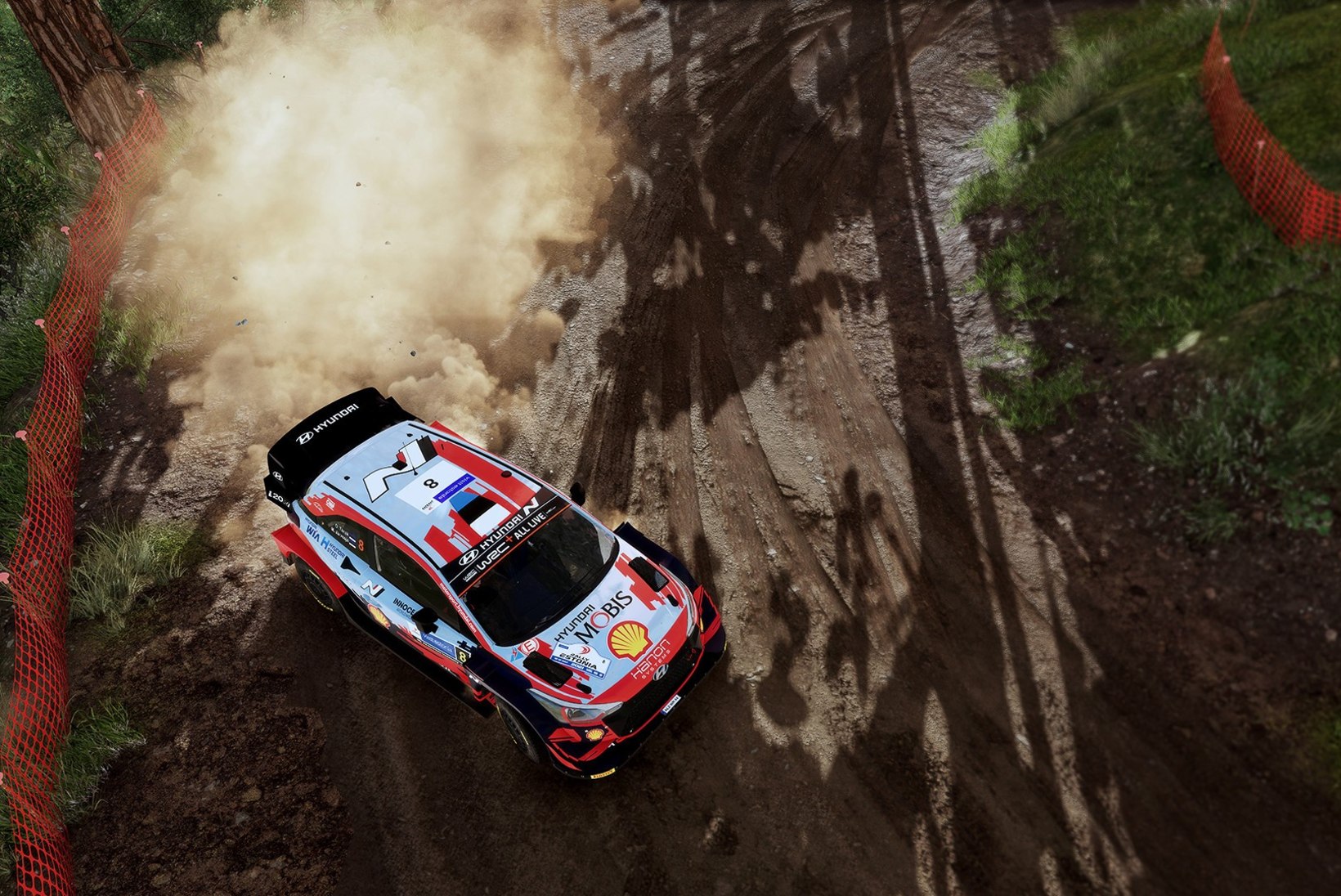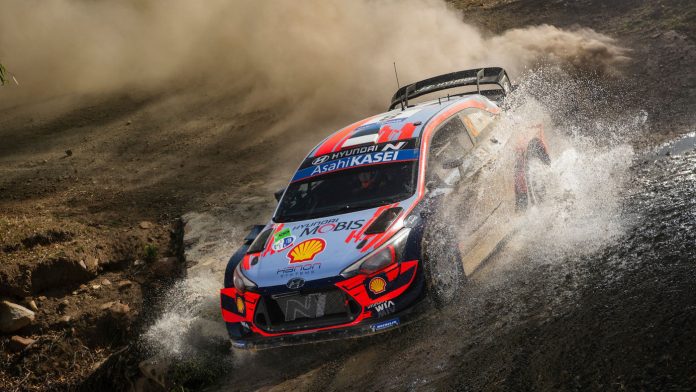The World Rally Championship (WRC) stands as one of the most exhilarating and challenging motorsport series globally, captivating fans with its unique blend of speed, skill, and the raw power of nature. Established in 1973, the WRC has evolved into a premier racing event, attracting top drivers and manufacturers from around the world. Its distinctive format features a series of races held on a variety of terrains, including gravel, asphalt, snow, and ice, making each event a true test of both driver ability and vehicle performance.
Rallying is different from traditional circuit racing in that it takes place on public or private roads that are closed for competition. This aspect creates a sense of adventure, as teams and drivers navigate unpredictable terrains and ever-changing weather conditions. Each event in the championship is called a rally, which consists of multiple stages where drivers race against the clock to achieve the best time. The driver with the lowest cumulative time across all stages of the rally is declared the winner.
One of the most intriguing aspects of the WRC is its diversity. The championship comprises rallies held in various countries, each offering its unique challenges and scenic backdrops. From the icy roads of Sweden to the rocky paths of Greece, the WRC features a broad spectrum of environments that test the limits of both drivers and their vehicles. This international appeal not only enhances the excitement of each event but also showcases the beauty of different landscapes and cultures.
Throughout its history, the WRC has been home to some of the greatest drivers in motorsport. Legendary names such as Colin McRae, Sébastien Loeb, and more recently, Ott Tänak and Kalle Rovanperä, have all made their mark on the championship. These drivers are celebrated for their extraordinary talent, daring driving styles, and remarkable ability to perform under pressure. Their competitive spirit and dedication have not only won them titles but also garnered a massive following, inspiring the next generation of rally enthusiasts.

The evolution of technology in the WRC has also played a pivotal role in shaping the sport. Modern rally cars are equipped with cutting-edge technology that enhances performance and safety. From advanced aerodynamics to powerful turbocharged engines, these vehicles represent the pinnacle of engineering excellence. Manufacturers invest heavily in research and development to create cars that can withstand the rigors of rallying while delivering the performance needed to compete at the highest level. This commitment to innovation not only improves the sport but also pushes the boundaries of automotive technology.
In recent years, the WRC has embraced sustainability and environmental consciousness. With the automotive industry facing increasing pressure to reduce emissions, the championship has initiated changes aimed at promoting eco-friendly practices. The introduction of hybrid technology in rally cars is a significant step towards a more sustainable future. The hybrid systems used in the latest WRC vehicles not only improve performance but also minimize environmental impact, aligning the sport with global efforts to combat climate change.
Moreover, the WRC has made strides in enhancing its accessibility to fans and viewers. With the rise of digital platforms and social media, the championship has leveraged technology to engage with a broader audience. Live streaming of events, interactive content, and behind-the-scenes footage allow fans to connect with the sport in ways previously unimaginable. This shift has not only increased viewership but has also fostered a vibrant community of rally enthusiasts who share their passion online.
The global pandemic posed unprecedented challenges to the WRC, as it did for many sports around the world. Rallies were postponed or canceled, and teams had to adapt to new protocols to ensure the safety of drivers, crews, and fans. However, the resilience of the WRC community shone through as events gradually resumed, with strict safety measures in place. This determination to keep the spirit of rallying alive has reinforced the championship’s status as a symbol of endurance and passion.
Looking ahead, the future of the World Rally Championship appears bright. With a strong commitment to innovation, sustainability, and fan engagement, the WRC is well-positioned to continue captivating audiences for years to come. As new talents emerge and technology continues to evolve, the championship is set to maintain its reputation as a thrilling showcase of speed, skill, and the relentless pursuit of excellence.
As fans eagerly anticipate the upcoming seasons, the WRC remains a testament to the enduring appeal of rallying. Its ability to combine breathtaking action with technical prowess ensures that it will continue to be a cornerstone of motorsport culture. The World Rally Championship not only celebrates the spirit of competition but also highlights the bond between drivers, manufacturers, and fans who share a passion for the thrilling world of rallying. With every twist and turn, the WRC promises to deliver heart-pounding excitement and unforgettable moments for all who partake in this extraordinary sport.
